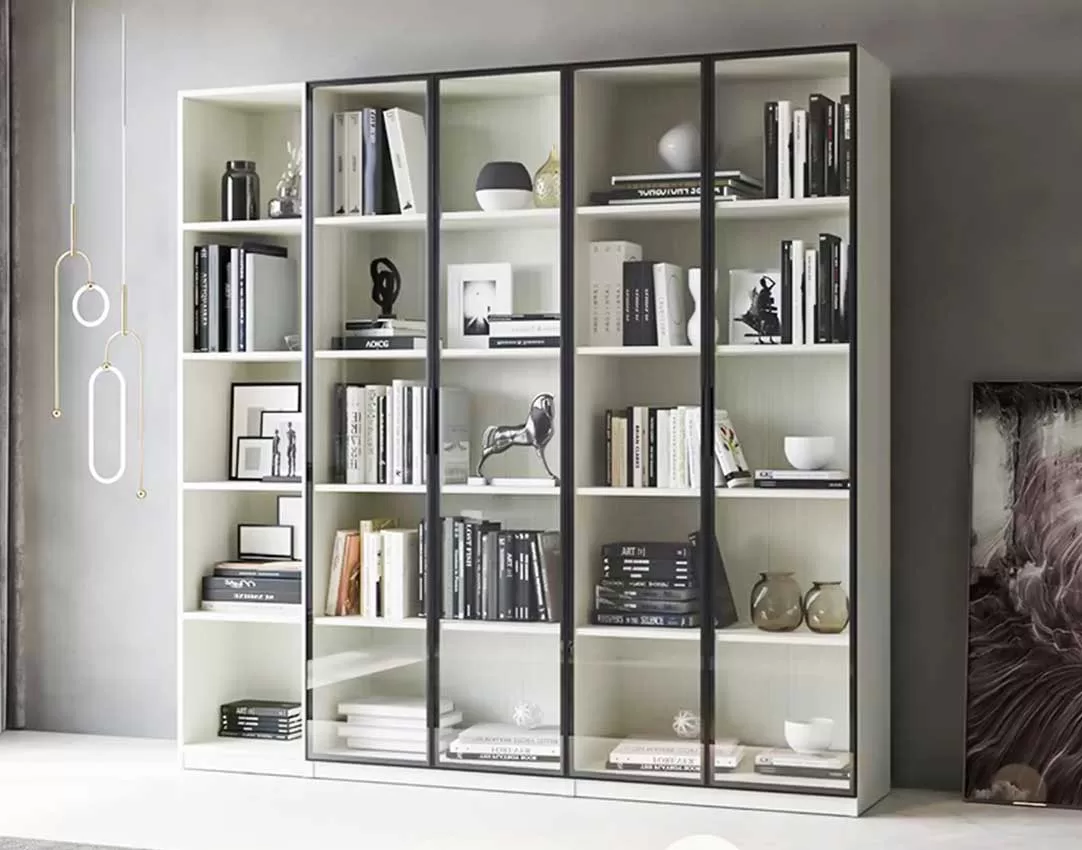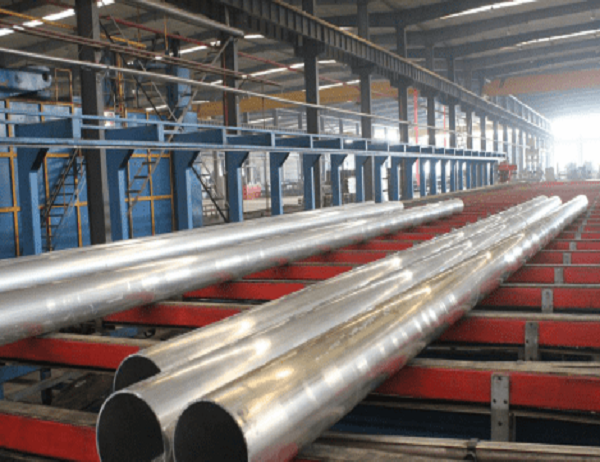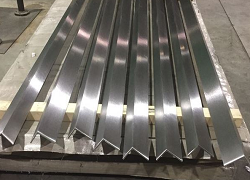Industrial aluminum profiles are indispensable components in the realm of modern industrial design, shaping the aesthetics and functionality of countless products and structures. Their versatile properties, coupled with their ease of fabrication and adaptability, make them an invaluable material for designers seeking innovative and durable solutions.
Enhancing Structural Integrity
Aluminum profiles excel in providing exceptional structural support due to their inherent strength and rigidity. Their hollow, lightweight design allows for weight reduction without compromising strength, making them ideal for applications where weight optimization is crucial. In industrial settings, aluminum profiles are utilized in building frames, support structures, and precision machinery, ensuring stability and long-lasting performance.
Facilitating Aesthetic Versatility
Beyond their structural prowess, aluminum profiles also offer remarkable aesthetic versatility. Designers can choose from a wide range of surface finishes, including anodized coatings, powder coatings, and various colors, allowing them to match the profiles seamlessly with their design concepts. This design flexibility enables aluminum profiles to blend harmoniously into both traditional and contemporary industrial environments, enhancing the aesthetic appeal of facilities.
Ensuring Durability and Corrosion Resistance
Industrial aluminum profiles are highly resistant to corrosion, making them suitable for harsh industrial conditions. They effectively withstand environmental factors such as moisture, acids, and alkalis, ensuring long-term durability and reducing maintenance costs. In applications where exposure to corrosive elements is unavoidable, aluminum profiles offer a reliable and cost-effective solution, minimizing the need for frequent repairs or replacements.
Promoting Ease of Fabrication and Assembly
Aluminum profiles are highly adaptable and easy to fabricate, making them a designer’s dream. They can be easily cut, drilled, punched, and bent to conform to specific design requirements. This versatility simplifies assembly processes and allows for quick and efficient construction of complex industrial structures. Moreover, the pre-shaped design of aluminum profiles eliminates the need for extensive welding or additional fabrication, further reducing production costs.
Ensuring Electrical Conductivity and Thermal Management
Certain aluminum profiles are designed specifically for applications requiring electrical conductivity or thermal management. These profiles feature specialized alloys or integrated cooling channels that facilitate efficient heat dissipation. In electrical applications, aluminum profiles provide excellent conductivity, ensuring reliable current flow and minimizing energy loss. In thermal management systems, they effectively transfer heat away from components, enhancing system performance and extending component life.
Industrial aluminum profiles play a pivotal role in modern industrial design, fulfilling a myriad of structural, aesthetic, and functional requirements. Their versatility, durability, corrosion resistance, ease of fabrication, and ability to enhance electrical and thermal performance make them indispensable components in countless applications. As technology continues to advance, the use of aluminum profiles in industrial design will undoubtedly continue to expand, shaping the future of industrial structures and products.



